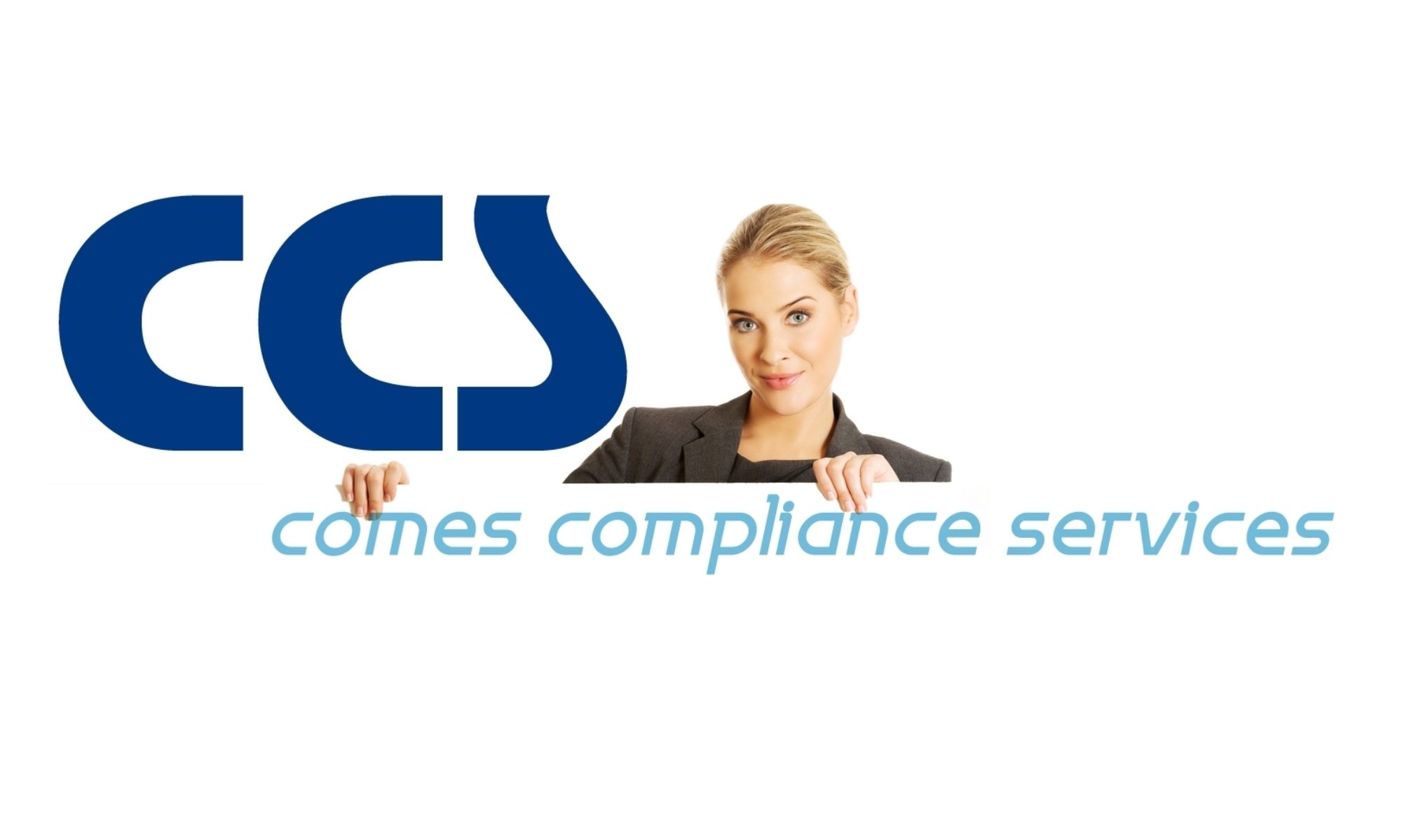IT Validation Matter Expert in German language – 17. to 18. June 2013 in Freiburg, Germany.
—————– in German ————————–
IT-Projekte ziehen sich von der Bedarfsmeldung bis zur Implementierung oft über Jahre hinweg, sind kostenintensiv, in hohem Maße interdisziplinär und oft ganz oder in Teilen GMP-relevant. Durch diese Kombination kommen IT-Projekte ganz automatisch an der einen oder anderen Stelle ins Stocken, es kommen unerwartete Fragen auf, die einen neuen Fahrplan für das Projekt bedingen. Dabei spielt es keine Rolle, ob es sich um ein ERP, EBR, ein MES oder irgendein anderes Projekt zur elektronischen Dokumentation oder Steuerung von Prozessen handelt. Die Leiter und Hauptverantwortlichen eines IT-Projektes brauchen Geduld und Ausdauer und gute Partner an ihrer Seite.
An diesem Tag stehen Sie mit Ihren Fragen und Problemen im Mittelpunkt. Profitieren Sie von den Tipps der Experten und den Erfahrungen der anderen Teilnehmer – hier liegt ein immenses Potential, um Fehler zu vermeiden und Wege aus festgefahrenen Situationen zu finden. Nutzen Sie diese große Chance zur Kosteneinsparung und Optimierung Ihres IT-Projektes!
Programm
Wir besprechen genau die Themen, die Ihnen persönlich auf den Nägeln brennen! Teilen Sie uns dazu im Vorfeld Ihre Fragen mit.
Mögliche Schwerpunkte sind:
– Wir stehen am Beginn eines IT-Projektes. Wie müssen die Weichen gestellt werden, damit das Projekt ohne große Verzögerungen abläuft?
– Welche Parteien müssen mit im Boot sitzen und wie sollten die Verantwortlichkeiten verteilt werden?
– Was ist zu beachten, wenn Programme von Mutterhäusern oder aus dem Konzernverband übernommen werden sollen?
– Wie erreichen wir ein optimales Design, das alle wichtigen und nicht zu viele Funktionalitäten erfüllt?
– Ist erforderlichenfalls eine funktionierende Audit-Trail Funktion vorgesehen?
– Wie finde ich den richtigen Lieferanten? Welche Leistungen können / sollten im Hause erbracht werden und welche nicht? Was ist Bestandteil des Quality Agreements?
– Wann fällt das Projekt in Teilen oder vollem Umfang unter die Validierungsanforderungen (Systemklassifizierung)?
– Sind die regulatorischen Anforderungen nach Annex 11 erfüllt?
– Welche Stolpersteine können bei der Implementierung auftreten und wie gelingt eine reibungslose Einführung und Umstellung?
– Was ist bei der Planung der Datenmigration beachten?
– Was ist bei Abschaltung des Altsystems zu beachten?
Or contact us at talk@comes-services.com for more details.

